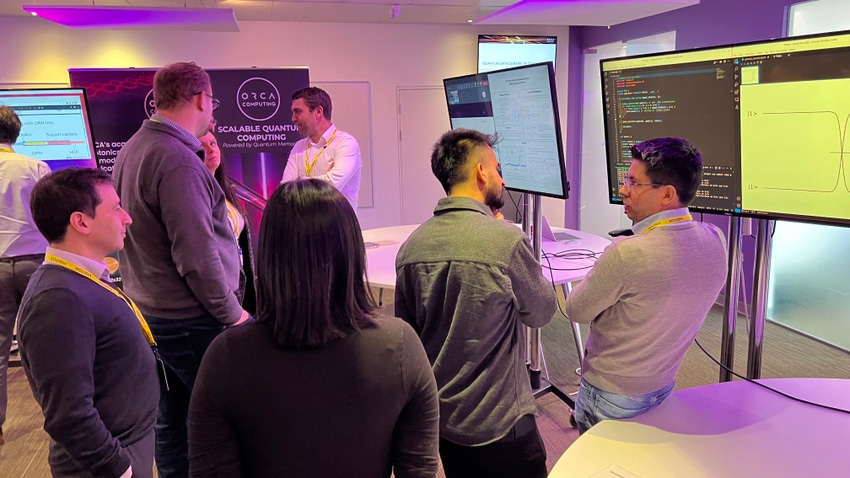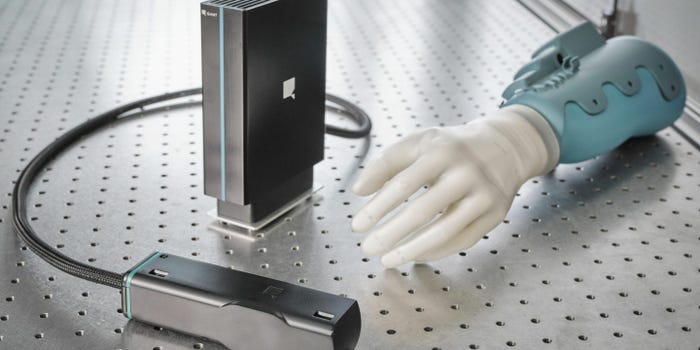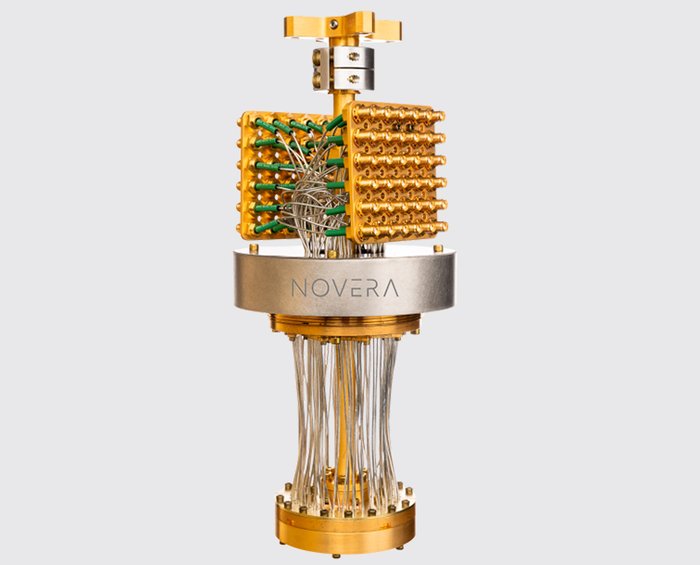
Connects decision-makers and solutions creators to what's next in quantum computing
BT, Orca Show Quantum Data Center of the Future
Event showcased how quantum technology can integrate with classical data centers

Quantum computing company Orca Computing and telecommunications multinational BT Group have unveiled their vision for the ‘Quantum Data Centre of the Future’ (QDCF) project.
Most future quantum computing applications will require a hybrid environment with processing tasks divided between classical and quantum computers. For the foreseeable future, quantum computers will be located offsite and accessed via the cloud and could be co-located in data centers with classical high-performance computers.
QDCF aims to demonstrate how quantum communication and computing systems can integrate with classical data centers and the technology innovations that the project aims to nurture the development of practical computing and security applications while establishing a blueprint for the quantum data center of the future.
“The Quantum Data Center of the Future project represents a significant step towards developing a quantum internet, with access to quantum resources in future data centers,” said BT Group senior manager of optical networks and quantum research Andrew Lord. “Even before full-scale quantum computers are available, it is crucial to prove that they can be fully integrated into the next generation internet,”
The project is led by Orca and supported by the innovation agency Innovate U.K. BT Group and quantum security company Kets lead the architecture and communications project. Partners include Riverlane, PQShield, NCC Group, BP, Digital Catapult, National Composites Center, University College London, University of Bristol, Imperial College London, University of Bath and University of Southampton.
A recent QDCF demonstration day at Adastral Park in Ipswich, U.K., featured several demonstrations of quantum technology. Orca’s PT-1 photonic quantum computer ran a hybrid quantum-classical machine learning algorithm with GPUs using Nvidia’s CUDA Quantum platform.
Kets and PQShield demonstrated a hybrid quantum key distribution and post-quantum cryptography point-to-point link and entropy-as-a-service with integrated post-quantum cryptography.
Riverlane showcased its resource estimation tool which provides estimates for the number of qubits and time required for running a computational fluid dynamics application on a fault-tolerant quantum computer.
“It’s been a highly successful day, with attendees actively engaged in discussions surrounding the challenges and opportunities presented by integrating quantum technologies into secure data center environments,” said Orca CEO and co-founder Richard Murray. “The valuable feedback and insights garnered will be instrumental in creating hybrid quantum/classical use cases moving forward.”
About the Author(s)
You May Also Like
.png?width=100&auto=webp&quality=80&disable=upscale)
.png?width=400&auto=webp&quality=80&disable=upscale)




